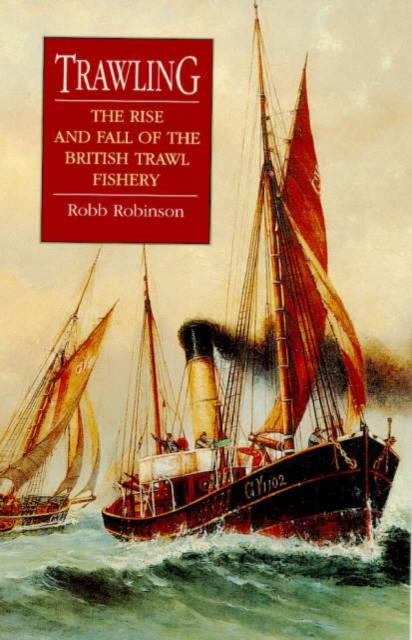
- Afhalen na 1 uur in een winkel met voorraad
- Gratis thuislevering in België vanaf € 30
- Ruim aanbod met 7 miljoen producten
- Afhalen na 1 uur in een winkel met voorraad
- Gratis thuislevering in België vanaf € 30
- Ruim aanbod met 7 miljoen producten
Zoeken
Trawling
The Rise and Fall of the British Trawl Fishery
Robb (Maritime Historical Studies Centre, The University of Hull
€ 111,95
+ 223 punten
Omschrijving
A distinct branch of the multi-faceted fishing industry, trawling dates back at least to the 1370s when attempts were made to prohibit the use of a primitive trawling device, the 'wondyrychoun' on the Thames.
Specificaties
Betrokkenen
- Auteur(s):
- Uitgeverij:
Inhoud
- Aantal bladzijden:
- 288
- Reeks:
Eigenschappen
- Productcode (EAN):
- 9780859894807
- Verschijningsdatum:
- 1/05/1996
- Uitvoering:
- Hardcover
- Afmetingen:
- 148 mm x 229 mm
- Gewicht:
- 540 g

Alleen bij Standaard Boekhandel
+ 223 punten op je klantenkaart van Standaard Boekhandel
Beoordelingen
We publiceren alleen reviews die voldoen aan de voorwaarden voor reviews. Bekijk onze voorwaarden voor reviews.











